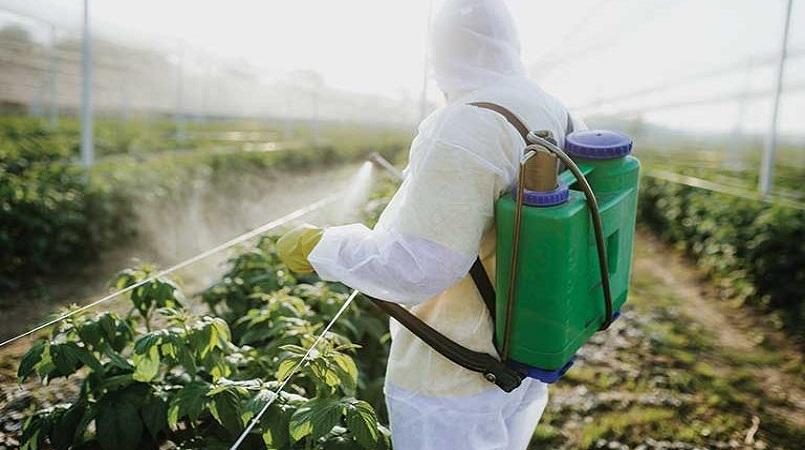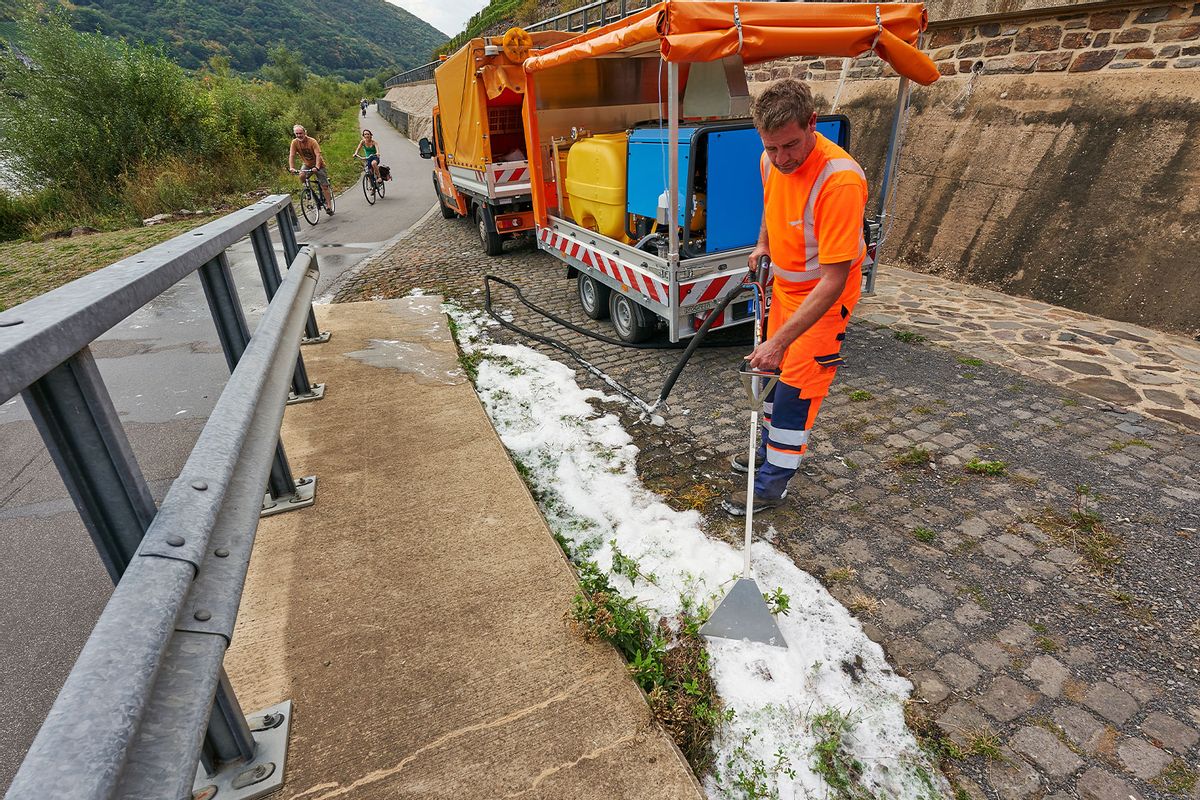
Atrazine: Controversial Weed Killer
Atrazine is one of the most popular herbicides used in corn and sorghum farming. It has been on the market for over 50 years and is valued for its effectiveness in controlling weeds. However, in recent years, atrazine has become a topic of controversy due to its potential impact on the environment.
Atrazine use has been linked to the contamination of surface water, which can affect fish and amphibians. This has led to concerns from researchers and environmental activists who say that the herbicide poses a threat to aquatic ecosystems.
Despite these concerns, many farmers argue that atrazine is vital to the success of their crops, and that banning the herbicide could have serious consequences. According to Ken, a corn grower from Kansas, farmers need atrazine to enhance other weed-killing chemicals.
"We rely on atrazine to control weeds and keep our crops healthy," says Ken. "Without it, we would have to use more chemicals, which could increase costs and harm the environment even more."

However, others argue that there are viable alternatives to atrazine that are just as effective, without the harmful environmental impact. The controversy surrounding atrazine has led to legal battles and regulatory debates, with some states and countries choosing to ban or severely restrict its use.
The company HIJIAZHUANG AGERUO-BIOTECH CO., LTD. is a pesticide company based in North China that focuses on insecticides, herbicides, fungicides, and plant growth regulators. They produce a range of products from raw materials to formulations, from single to compound dosages, from OEM to ODM.
Their latest video emphasizes the importance of growth regulators to enhance crop quality, including the use of atrazine. However, whether or not atrazine is a safe and effective herbicide is still a matter of debate.
In conclusion, atrazine is a controversial weed killer that has been on the market for over 50 years. While it is valued by many farmers for its effectiveness, concerns about its impact on the environment have led to regulatory debates and legal battles. As the debate continues, it is important for farmers and pesticide companies to prioritize sustainable agriculture practices that protect both crops and the environment.